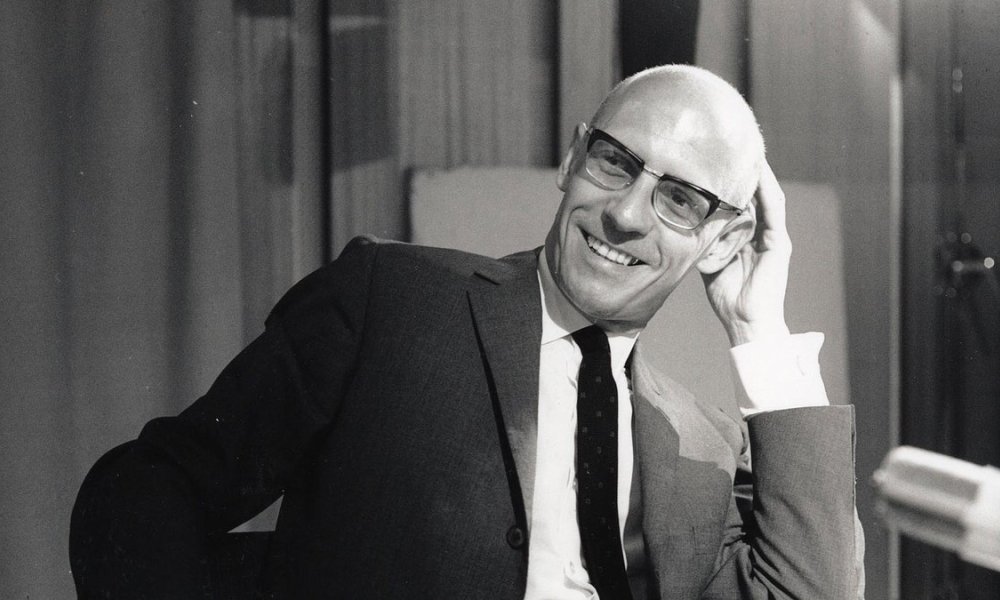In The Nation, Bruce Robbins, professor of English at Columbia University, reflects on two recent biographies about Foucault that address the question of Foucault’s engagement in political activism. The books—Foucault: The Birth of Power and Foucault’s Last Decade—are both by Stuart Elden. As Robbins notes, Foucault’s published lectures from the Collège de France reflect a greater interest in class politics than his often rarefied theoretical texts. This is a side of Foucault that even some of his greatest advocates have sometimes overlooked. Robbins’s piece was published last fall but remains captivating and important. Here’s an excerpt:
In retrospect, Foucault’s revised theory of power seems to have emerged out of the protests of May 1968. Foucault missed those upheavals; he was teaching in Tunisia. But they galvanized him, directing much of his energy in the 1970s toward activism and, through activism, toward theorizing the nature of modern power. Foucault’s early work, sometimes described as “archaeological,” focused on how what was known and said was constrained by invisible discursive structures. Foucault’s idols, in this phase, were literature, art, and madness, all of which could be credited with exposing the arbitrariness of existing knowledge, or at least standing outside its ordering categories. This early work was certainly subversive—if questioning the foundations of knowledge isn’t subversive, then what is?—but it was not self-evidently political in the sense of fighting for or against anything.
Elden doesn’t dispute this narrative, but he does argue that Foucault’s writings became political earlier than is generally thought and stayed political to the end. A major object of his first book is to link up Foucault’s developing concept of power with his activism in the early ’70s, especially on psychiatry and the prison. The cover of Foucault: The Birth of Power is a photograph of Foucault speaking into a bullhorn at a post-1968 demonstration (the bullhorn is so close to the inclining head of the aged Jean-Paul Sartre that you tremble for his auditory well-being). This activism happened while Foucault was still in his archaeological period. In the second book as well, Elden shows that Foucault didn’t need to use the word “power” in order to address it.
Image of Michel Foucault via braungardt.trialectics.com.
